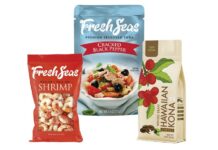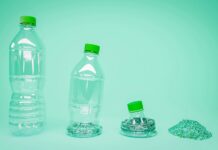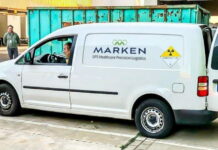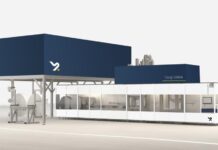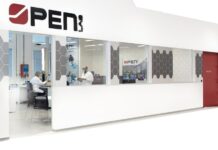Carbon capture and transformation (CCT) company LanzaTech and plastic container maker Plastipak Packaging have developed PPKNatura polyethylene terephthalate (PET) resin from captured carbon emissions.
PPKNatura resin is said to be suitable for personal care, food, pharmaceutical packaging, and other non-packaging applications as well. According to LanzaTech, PET resin contains 30% of monoethylene glycol (MEG) traditionally derived from petroleum.
It uses CarbonSmart MEG from LanzaTech’s CCT process and retains the technical properties of virgin fossil PET with a low carbon footprint.
The company said that the PPKNatura can be utilised in traditional food and pharmaceutical-grade packaging and other sensitive applications like hot-fill, refillable, and applications with low crystallinity.
LanzaTech CEO Jennifer Holmgren said: “LanzaTech’s commercial technology is designed to enable our partners in diverse industries to reduce their carbon footprint and overall environmental impact.
“Our partnership with Plastipak is critical to demonstrating what is possible today. Today we are producing food- and pharmaceutical-grade packaging and are well on our way to creating a more sustainable future for all.”
Additionally, the resin lowers greenhouse gas emissions, and its production process eliminates the need for land or food resources. The packaging made from PPKNatura can also be 100% recycled at the end of its life, thus keeping the carbon in a circular material cycle.
Swiss retailer Migros and its subsidiary Mibelle Group have already leveraged this resin in in-house brand packaging for making PET smoothie bottles and containers for home cleaners.
Plastipak Europe executive managing director Pedro Martins said: “We are delighted to partner with LanzaTech to achieve early progress in our ambition to produce PET with lower environmental impacts.
“PPKNatura resin is one element of Plastipak’s ESG program, which among other initiatives, targets the extension of our product circularity with the intent of supporting customers in reducing their Scope 3 emissions.”
In May last year, LanzaTech and food & beverages company Danone found a new way to make MEG, a building block for PET, resin, fibres and bottles.








